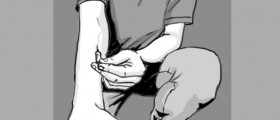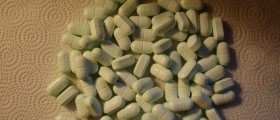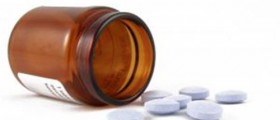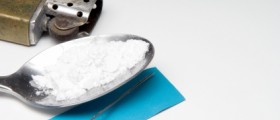
Hydrocodone is a drug which belongs to the family of opioid medications. The main purpose of this drug is pain relief. The effect the hydrocodone delivers is very similar to that of morphine, causing patients to get “high”. However, frequent use of this medication may result in a development of addiction, making a user crave for this medication even when the pain is gone. Yet, once a person stops taking the drug, withdrawal symptoms start appearing, affecting his/her health. Hydrocodone should be taken only after being prescribed by a doctor. Therefore, any individual use is not recommended since wrong dosage may lead to physical and psychological addiction.
Side-Effects of Hydrocodone
Once affected by hydrocodone, a person will be perspiring constantly. The withdrawal period is bound to cause constant pain which may prove to be severe, or seemingly unbearable, affecting the muscles in most cases.
Diarrhea and vomiting may take place too, leading to excessive fluid loss and, therefore, diarrhea. Additionally, withdrawal from hydrocodone may result in appetite loss, goose bumps and body chills as well as depression. In fact, the depression caused by this drug’s withdrawal period may be quite severe. Moreover, this state of affairs will likely lead to a serious irritation in the nose and eye areas leading to excessive tears and runny nose. Nervousness is common for hydrocodone withdrawal too, along with sleep deprivation.
How to Survive Hydrocodone Withdrawal?
People who face this battle against addiction need all the help and support they can get. Thus, if your family member or friend is fighting hydrocodone addiction, make sure you give him/her a helping hand.
Also, an immediate cessation of hydrocodone supply to the organism is bound to lead to a severe shock. The strength of the withdrawal symptoms after a clean break is very hard to withstand and usually leads to a relapse. Thus, it is best to leave this drug gradually, by decreasing the dosage bit by bit, allowing your body to accommodate to these changes. Methadone can present a great alternative drug for suppressing hydrocodone withdrawal symptoms.
Finally, make sure you increase your fluid intake, compensating for loses of fluids due to diarrhea or vomiting. In cases of serious dehydration, doctors put patients on IV, delivering these necessary fluids directly to the veins of the patient.
All in all, make sure you follow your doctor or therapist’s instructions religiously. Battling this addiction can be hard and you need to know which steps are necessary to be taken in order to stop taking this drug without suffering from serious side-effects.









_f_280x120.jpg)






Your thoughts on this
Loading...